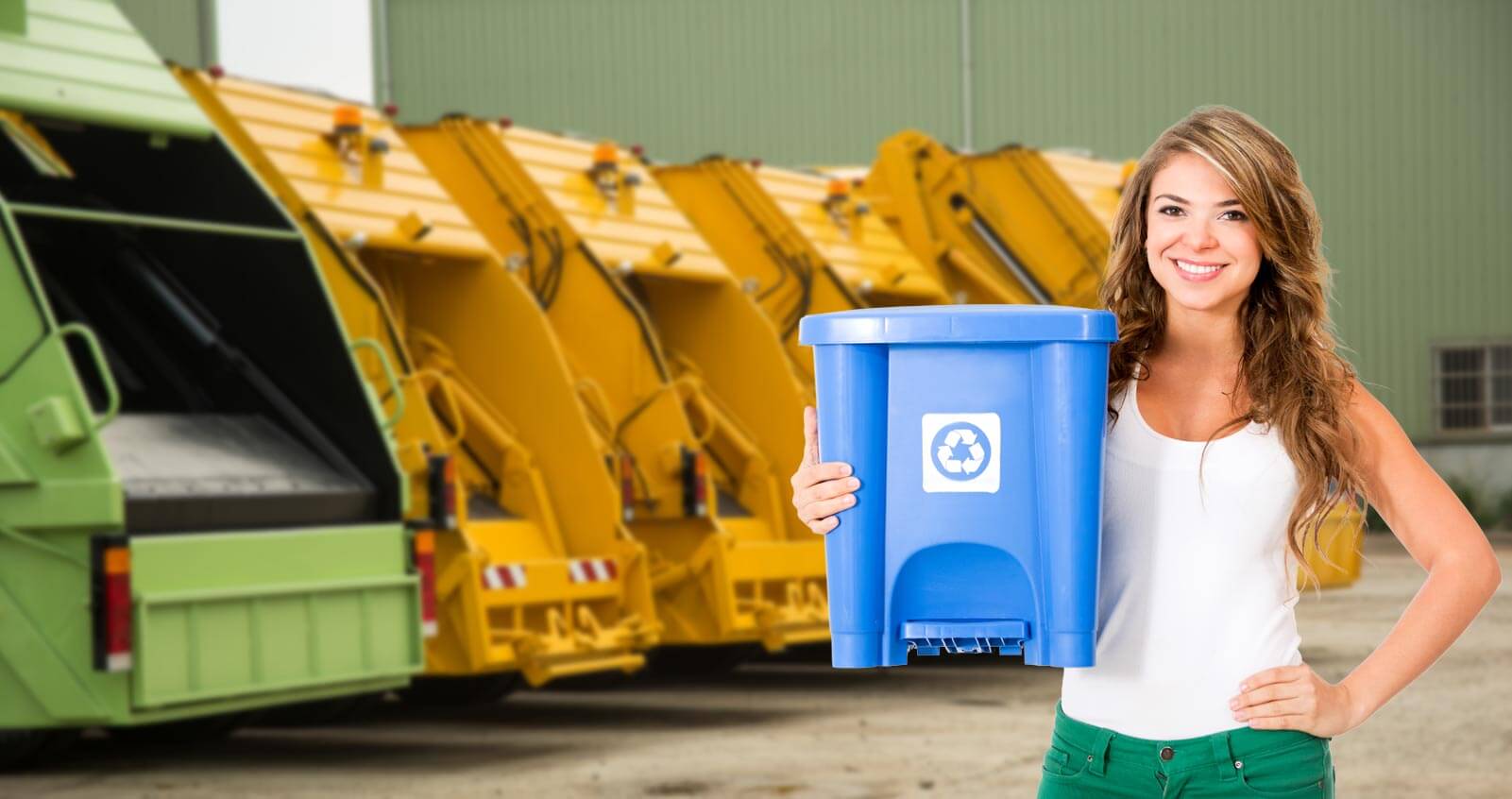Recycling: Protecting Our Planet
Posted on 27/09/2025
Recycling: Protecting Our Planet
In today's rapidly changing world, environmental sustainability has become pivotal. One of the most impactful ways we can contribute to the health of our planet is through recycling. This simple yet effective practice helps conserve resources, reduce waste, and minimize our carbon footprint. This article delves into the importance of recycling, its benefits, drawbacks, and tips for effective recycling practices.
What is Recycling?
Recycling is the process of converting waste materials into new products. This practice helps reduce the consumption of fresh raw materials, decreases energy usage, limits air and water pollution, and lowers greenhouse gas emissions. Essentially, recycling turns materials that would otherwise become waste into valuable resources.

The Benefits of Recycling
Recycling offers numerous benefits that extend beyond environmental protection. Here are some key advantages:
1. Conserves Natural Resources
By recycling, we can conserve vital natural resources such as timber, water, and minerals. This ensures that these resources remain available for future generations.
2. Saves Energy
Manufacturing products from recycled materials consumes significantly less energy compared to producing them from raw materials. For instance, recycling aluminum cans save up to 95% of the energy needed to make the same amount of aluminum from its raw source.
3. Reduces Waste in Landfills
Recycling helps limit the amount of waste that ends up in landfills and incinerators, leading to reduced pollution and a decrease in the need for new landfill space.
4. Decreases Pollution
By reducing the need for new raw materials, recycling lowers water and air pollution. This is because extracting and processing raw materials typically involve significant pollution levels.
5. Creates Jobs
The recycling industry creates jobs in various sectors, from collection and sorting to processing and manufacturing new products from recycled materials. This contributes to economic growth and community development.
The Drawbacks of Recycling
While recycling provides many benefits, it is not without its drawbacks. Understanding these challenges can help optimize recycling efforts.
1. Contamination Issues
One of the primary challenges in recycling is contamination. When non-recyclable materials are mixed with recyclables, it can spoil entire batches, making them unsuitable for processing.
2. High Costs
Setting up and maintaining recycling programs can be expensive. Initial investments in collection, transportation, and processing can be high, and some materials are costlier to recycle than to produce anew.
3. Limited Market Demand
Recycled materials sometimes face limited market demand. If there is no substantial demand for recycled products, the economics of recycling can become challenging.
4. Recycling Limits
Not everything can be recycled. Items like certain types of plastics, electronic waste, and hazardous materials often require specialized processes that are not always available.
Tips for Effective Recycling
To make the most out of recycling, it's essential to follow some best practices:
- Know What Can Be Recycled: Different regions have different recycling guidelines. Familiarize yourself with your local recycling policies to ensure you're sorting materials correctly.
- Clean Your Recyclables: Rinse out containers to remove food residue before recycling. This reduces contamination and ensures that materials are processed efficiently.
- Separate Materials: Separate paper, plastics, metals, and glass. Mixed recycling can lead to contamination, making the entire batch unusable.
- Reduce First: Aim to reduce waste before considering recycling. Opt for reusable products instead of single-use items.
- Educate Others: Spread awareness about the importance of recycling among friends, family, and community members to bolster collective efforts.
Pros and Cons of Recycling
Pros
- Conserves natural resources
- Saves energy
- Reduces pollution
- Decreases landfill waste
- Creates employment opportunities
Cons
- Potential contamination issues
- High initial costs
- Limited market demand for recycled materials
- Several materials are non-recyclable

Takeaways
- Recycling is an essential practice for protecting our planet and conserving resources.
- While recycling has its challenges, its benefits far outweigh the downsides.
- Effective recycling practices can significantly reduce waste, pollution, and energy consumption.
- Education and proper sorting are critical to maximizing the benefits of recycling.
Conclusion
Recycling represents a powerful tool in our collective effort to protect the planet. By diverting waste from landfills and reducing our dependence on raw materials, recycling helps preserve our environment for future generations. While there are challenges to overcome, such as contamination and market demand, the positive impact of recycling on natural resource conservation, energy savings, and pollution reduction cannot be denied. To make the most of recycling, remain informed, conscientious, and proactive. By doing so, we can all contribute to a healthier, more sustainable planet.




